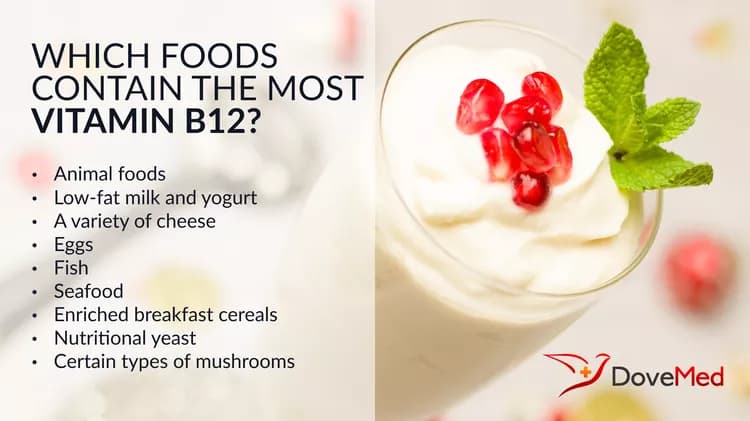The vitamin B-complex constitutes a set of 8 water-soluble vitamins that are essential to the human body for various metabolic functions, specifically cell metabolism. Each member of the vitamin B complex is denoted by a unique number and name. Vitamin B1 is known as thiamine (or thiamin) and is an important component in converting glucose to energy and for ensuring proper nerve function.
Vitamin B1 is used in the treatment of eye conditions, such as glaucoma and cataract, heart disease, mouth ulcers, metabolic disorders, and travel sickness. The health benefits of vitamin B1 are numerous and a deficiency of the vitamin can lead to beriberi (also known as thiamine deficiency disorder) that affects the gastrointestinal, cardiovascular, and nervous systems. Rarely, thiamine deficiency can also result in conditions such as Wernicke encephalopathy and alcoholic Korsakoff syndrome.
There is a wide range of foods that are sufficient natural sources of vitamin B1. However, it is important to note that conventional cooking, especially to high temperatures, and storage for long periods may destroy this vitamin. Moreover, the body’s intake of vitamin B1 may be affected on consumption of excess tea, coffee, or seafood.
Following is a list of foods that are high in vitamin B1 or thiamine:
- Meat such as beef and pork
- Fish that includes trout, salmon, and tuna
- Cereal grains
- Sesame seeds, sunflower seeds
- Leafy green vegetables including asparagus, spinach, lettuce, and Brussels sprout
- Macaroni
- Legumes
- Beans such as lima beans, black beans, and pinto beans
- Certain types of mushrooms
- Tomatoes
- Eggplant (or brinjal)
The Food and Nutrition Board at the National Academy of Sciences outlines the following recommendations for vitamin B1 intake. The recommended dietary allowances (RDA), or the average daily intake, to meet the body’s nutritional needs are as follows:
- Children:
- 6 months and younger - 0.2 milligrams/day
- Between 7-12 months - 0.3 milligrams/day
- 12 months to 3 years - 0.5 milligrams/day
- From 4 to 8 years - 0.6 milligrams/day
- From 9 to 13 years - 0.9 milligrams/day
- Adolescents and adults:
- Between 14-18 years - 1.2 and 1.0 milligrams/day for males and females respectively
- Over 19 years - 1.2 and 1.1 milligrams/day for males and females respectively
- Pregnant women and breastfeeding mothers - 1.4 milligrams/day
It is evident from the list of various natural food sources of vitamin B1 that incorporating them into one’s daily diet is simple and beneficial. Currently, no toxicities from excess consumption of dietary vitamin B1 have also been reported. Nevertheless, it is always recommended to take the advice of a suitable healthcare professional before bringing about any alteration to your regular food habits, such as incorporating more foods high in vitamin B1 and/or prior to taking any multivitamin supplements.
Related Articles
Test Your Knowledge
Asked by users
Related Centers
Related Specialties
Related Physicians
Related Procedures
Related Resources
Join DoveHubs
and connect with fellow professionals


0 Comments
Please log in to post a comment.